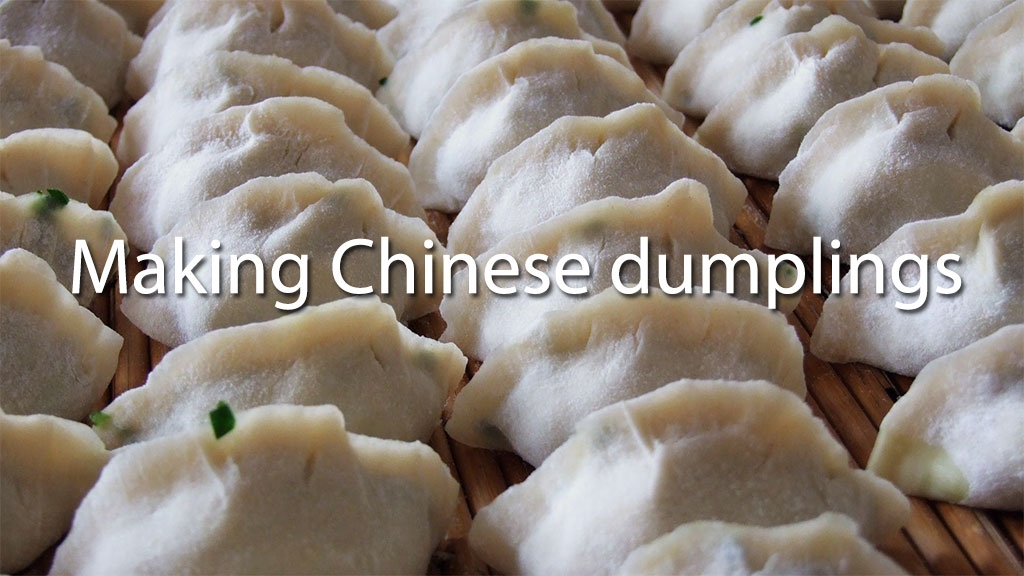
The Blog
A blog with Chinese language and culture, tips on how to learn Chinese resources and other interesting content.
-

-

Discover the Benefits of Learning Chinese Beyond AI Translators
Learning Chinese isn't just about language — it's about culture and more. Explore why mastering Chinese is essential in the AI translator age. Begin now!
-

Making Chinese dumplings
Discover the art of making tasty Chinese dumplings with our step-by-step guide. Learn from experts at Sinology Institute today!
-
